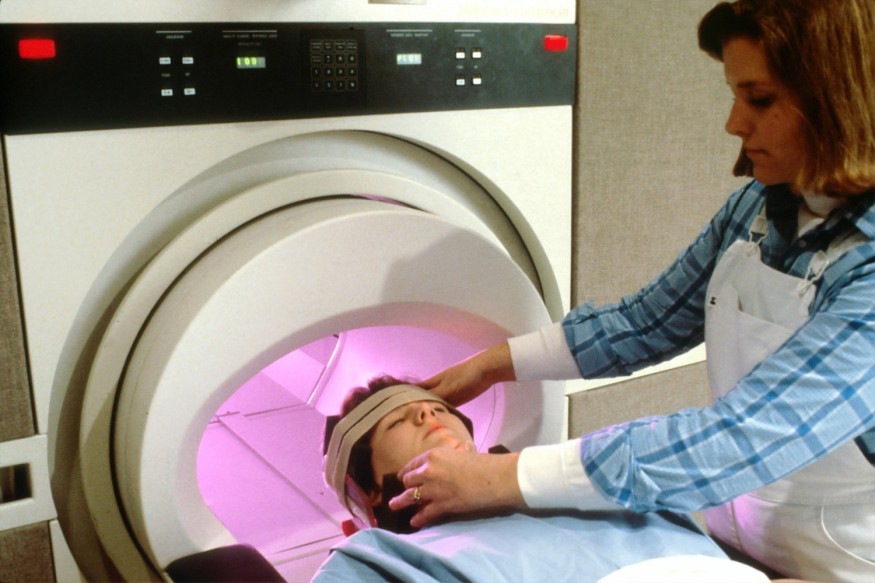Annual screening exams proved beneficial for patients with a high genetic risk of developing pancreatic cancer, according to a research team from eight U.S. medical centers. The study showed that more people who received a cancer diagnosis through screening had it discovered early, and 70% were still living five years later.

Regular Pancreatic Screening Results
The Journal of Clinical Oncology recently released the most recent data confirming that regular screening frequently enables the early detection of pancreatic cancer. Patients can survive for many more years if that occurs.
According to the experts, this is a huge accomplishment in a condition as fatal as pancreatic cancer. Only around 10% of patients survive for five years, despite recent treatment advancements. This is primarily due to the difficulty of detecting pancreatic cancer at an early stage. The majority of cases are discovered after they have spread. Unlike other types of cancer, no test can be used to routinely screen asymptomatic individuals for pancreatic tumors.
Senior researcher Dr. Michael Goggins said, "If you're diagnosed with Stage 1 pancreatic cancer through screening, the outcome is dramatically different." The majority of patients who had advanced cancer had a median survival of barely 1.5 years.
Yet, when early detection takes place, a person diagnosed with pancreatic cancer could live for five years. This data was proven by the study of 19 patients with screening-detected pancreatic cancer. Based on the research, after five years, 73% of those patients were still living, and their median survival time was slightly under 10 years, indicating half of them survived longer, and the other half passed away sooner.
The new findings include around 1,500 people who participated in screening programs at Johns Hopkins University or one of seven other medical facilities beginning in 2014. Most of them had pancreatic cancer-related gene changes. The remaining patients had a substantial family history involving two or more first-degree relatives but no identified mutations.
In that group, screening led to the identification of pancreatic cancer in nine individuals. Seven of those nine cases had pancreatic stage I tumors, which may be surgically treatable and are restricted to the pancreas.
Pancreatic Cancer Screening Challenges
Dr. Dana Cardin, an oncologist at Vanderbilt University Medical Center, commended the effort but admitted that it would be challenging to make screening widely accessible, particularly to individuals at high risk. Cardin was not a part of the research.
There are logistical issues, Cardin said, using endoscopic ultrasound as an example.
Analyzing the photos obtained during screening also demands expertise. Because of their financial struggles and anxiety issues, patients may find years of yearly testing to be demanding. Cardin pointed out that cost-effectiveness is another issue that is more widespread.
According to the American Cancer Society, only around 3% of cancer cases in the country are caused by pancreatic cancer. In addition, just five malignancies- or five per 1,000 participants- were discovered in this high-risk research group per year.
There is no test available for routine screening of those at average risk of pancreatic cancer. Any such test, according to Cardin, would have to be very precise, simple, and economical to be carried out outside of specialized medical facilities.
RELATED ARTICLE : Dark Chocolates Can Reduce Chances of Pancreatic Cancer -- Study
© 2026 ScienceTimes.com All rights reserved. Do not reproduce without permission. The window to the world of Science Times.










